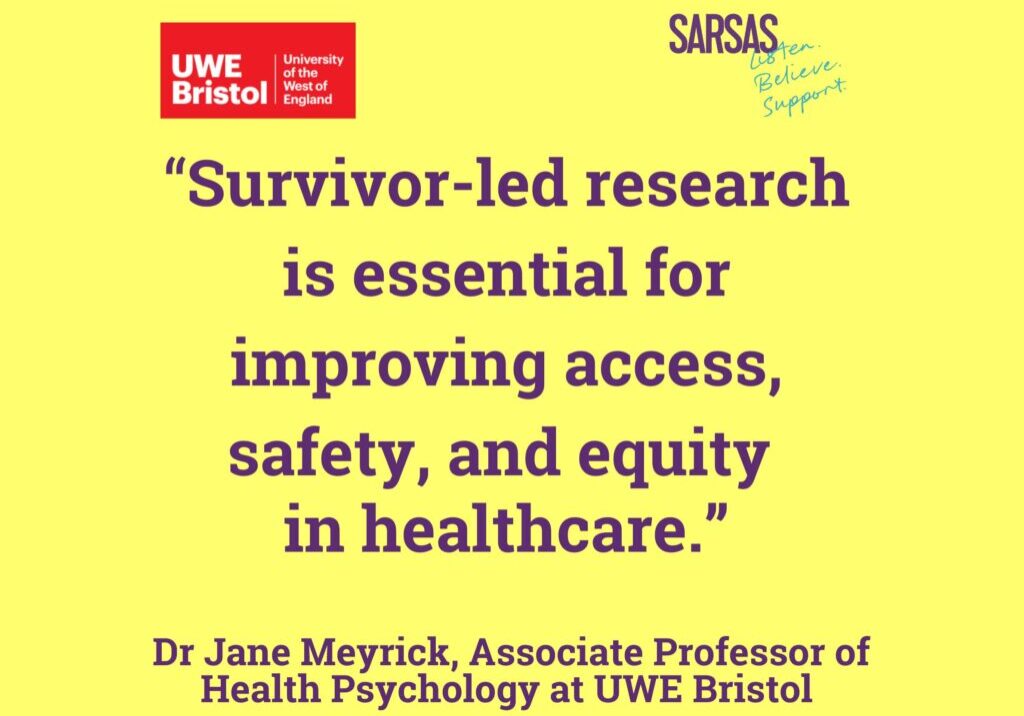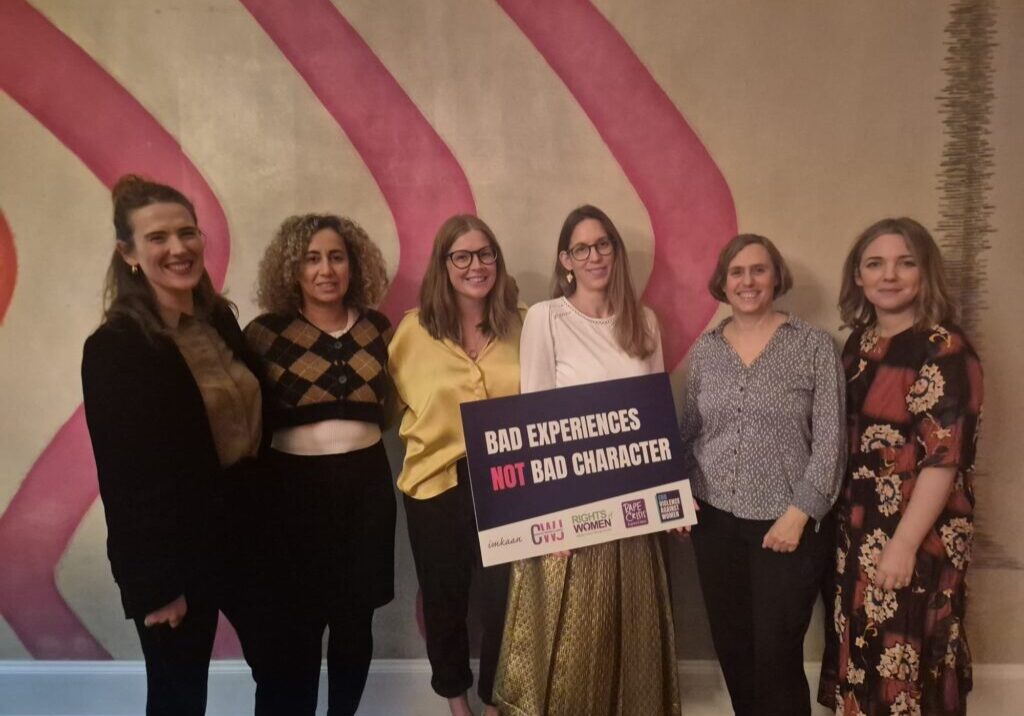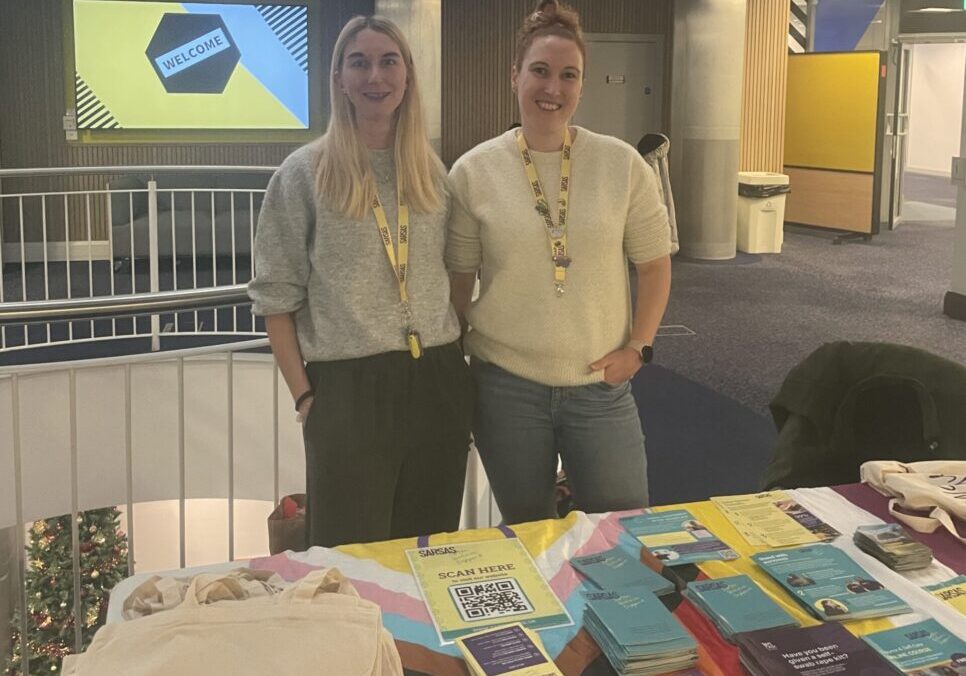
Child abuse
Child abuse is when a child in harmed by an adult or child. This could be once or over an extended period of time. This harm may be physical, sexual or emotional.
A child is sexually abused when they are forced or persuaded to take part in sexual activities. This doesn’t have to be physical contact, and it can happen online.
Child sexual abuse involves:
- sexual touching of any part of the body, clothed or unclothed, including using an object
- assault by penetration, including rape or penetration of the mouth with an object or part of the body
- encouraging a child to engage in sexual activity, including sexual acts with someone else or making a child strip or masturbate
- intentionally engaging in sexual activity in front of a child
- not taking proper measures to prevent a child being exposed to sexual activities by others
- meeting a child following sexual grooming, with the intent of abusing them
- taking, making, allowing someone to take, distributing, showing or advertising indecent images of children
- paying for the sexual services of a child
- encouraging a child into prostitution or pornography
- showing a child images of sexual activity, including photographs, videos or via webcams
Effects of child sexual abuse
Childhood sexual abuse can impact different people in different ways such as depression or anxiety; you may suffer panic attacks; phobias and/or flashbacks; anger and shame and/or feel worthless; remembering only parts of what happened or remembering it in vivid detail; blaming yourself for what happened. These are all common responses to childhood sexual abuse.
It is important to understand that however you have been affected, and whatever your feelings about the abuse, it is OK to feel whatever you do. Your feelings are individual and normal.
It is also important to remember that it is never the fault of the child when they have been abused – the blame and guilt always lie with the abuser.
Signs of sexual abuse
As children may not always understand what is happening to them or be frightened to speak out, it is important to know some of the signs:
- avoiding being alone with or being scared of a certain person
- use of language or sexual behaviour that you wouldn’t expect them to know
- changes in emotional well-being, bed wetting or self-harm
- physical signs such as bruising, pains or sexually transmitted infections
- if the abuse is online, the child may spend an abnormal amount of time online or be secretive about what they are doing
Support
To report child sexual abuse, call 999 if the child is at immediate risk or 101 if you suspect or know a crime has been committed.
If you are a young person or child who is currently being abused you can call our helpline or Child Line 0800 1111 for support or click here.
If you have experienced child sexual abuse and would like support please call our helpline or email us to access our support. If you are under 18 and you give us your name and address we may have to break your confidentiality and get some advice from other organisations who can help stop the abuse.













